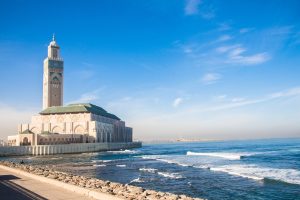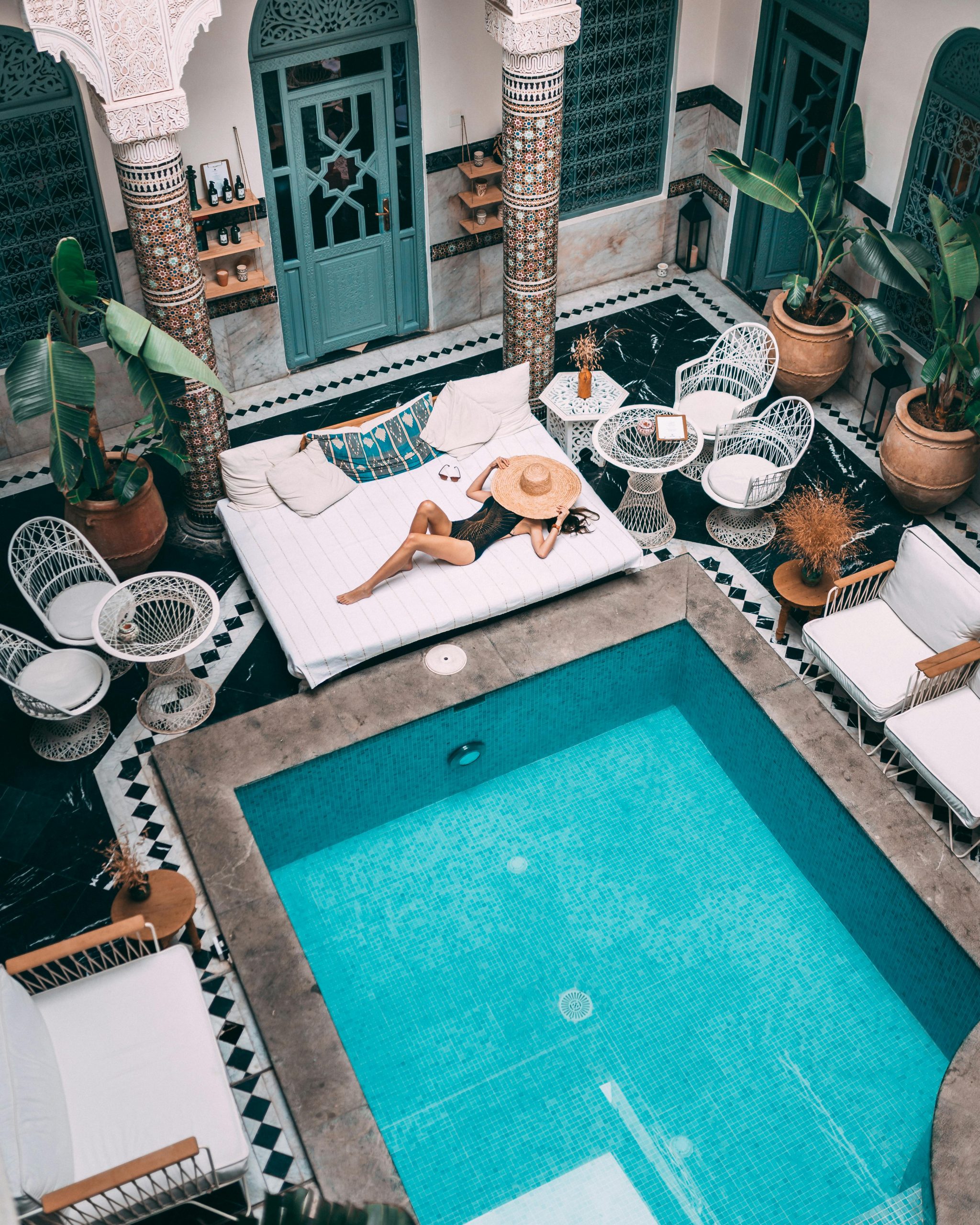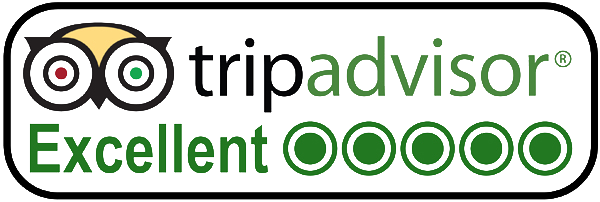Morocco country profile:
Basic Information
- Official Name: Kingdom of Morocco

Morocco country profile - Capital: Rabat
- Largest City: Casablanca
- Official Languages: Arabic (official), Amazigh (Tamazight)
- Population: Approximately 37 million (as of 2023)
- Currency: Moroccan Dirham (MAD)
Geography
- Location: Northwest Africa, bordered by the Atlantic Ocean to the west, the Mediterranean Sea to the north, Algeria to the east, and Western Sahara to the south.
- Area: About 446,550 square kilometers (171,850 square miles).
- Major Features: The Atlas Mountains, Sahara Desert, coastal plains.
History
- Ancient History: Home to Berber tribes; influenced by Phoenician, Roman, and Arab cultures.
- Colonial Era: Became a French and Spanish protectorate in the early 20th century, gaining independence in 1956.
- Modern History: The monarchy has played a central role, with King Mohammed VI ascending to the throne in 1999.
Politics
- Government Type: Constitutional monarchy with a parliamentary system.
- Current Monarch: King Mohammed VI.
- Political Parties: Various parties, including the Justice and Development Party (PJD) and the National Rally of Independents (RNI).
Economy
- Economic Overview: Diverse economy with agriculture, mining, and tourism as key sectors.
- Agriculture: Major crops include olives, citrus fruits, and grains.
- Tourism: Rich in historical sites, beaches, and cultural heritage, attracting millions of visitors annually.
Culture
- Cultural Heritage: A blend of Arab, Berber, and French influences, reflected in language, cuisine, music, and art.
- Cuisine: Known for dishes like tagine, couscous, and pastilla, often seasoned with spices such as saffron and cumin.
- Festivals: Celebrations like the Marrakech International Film Festival and various traditional cultural events.
Environment
- Biodiversity: Home to diverse ecosystems, including coastal regions, mountains, and deserts.
- Challenges: Issues include water scarcity, desertification, and urbanization.
Travel
- Popular Destinations: Marrakech, Fes, Chefchaouen, the Sahara Desert, and coastal cities like Agadir and Essaouira.
Morocco is a vibrant country with a rich cultural tapestry, making it a fascinating destination for travelers and a unique player on the global stage.
Geography

- Topography: Morocco features diverse landscapes, including the Atlas Mountains, the Rif Mountains in the north, the coastal plains along the Atlantic and Mediterranean, and the vast Sahara Desert in the south.
- Climate: The climate varies by region; coastal areas enjoy a Mediterranean climate, while the inland regions have a continental climate with hot summers and cold winters. The desert areas experience extreme temperature variations.
Demographics
- Ethnic Composition: Predominantly Arab-Berber population, with significant Amazigh (Berber) communities.
- Religions: Islam is the dominant religion, with the majority of the population being Sunni Muslims. There are also small Jewish and Christian communities.
- Education: Education is highly valued, with improvements in literacy rates and access to education in recent years.
Economy
- Agriculture: A major part of the economy, contributing significantly to employment. Key products include olives, dates, citrus fruits, and vegetables. The country is also known for its argan oil.
- Mining: Morocco is one of the world’s largest producers of phosphates, a key ingredient in fertilizers. Other minerals include lead, zinc, and silver.
- Tourism: A vital sector, with attractions ranging from historical cities and cultural sites to natural wonders. Ecotourism and adventure tourism are growing sectors.
Politics
- Political Structure: The King holds significant powers, including appointing the Prime Minister and dissolving parliament. The parliament is bicameral, consisting of the House of Representatives and the House of Councillors.
- Recent Developments: Morocco has experienced political reforms and protests, particularly following the Arab Spring in 2011, leading to a new constitution that increased parliamentary powers.
Culture
- Arts and Music: Morocco has a rich tradition of music and arts, including styles like gnawa, chaabi, and Amazigh music. Handicrafts, such as pottery, textiles, and leatherwork, are integral to Moroccan culture.
- Literature: Moroccan literature reflects its diverse culture, with influences from Arabic, Berber, and French literary traditions. Notable authors include Tahar Ben Jelloun and Driss Chraibi.
- Architecture: Known for stunning architecture, including traditional riads (courtyard houses), mosques, and palaces, showcasing intricate tilework and carvings.
Environment
- Conservation Efforts: Morocco is committed to environmental sustainability, with initiatives to protect biodiversity and combat climate change. National parks and reserves have been established to preserve natural habitats.
- Renewable Energy: The country is a leader in renewable energy in Africa, with significant investments in solar and wind power projects, notably the Noor Solar Complex.
International Relations
- Foreign Policy: Morocco maintains strong ties with Western countries, particularly the United States and European nations. It has a complex relationship with Algeria and the issue of Western Sahara remains a significant geopolitical challenge.
- Membership in Organizations: Morocco is a member of various international organizations, including the United Nations, the African Union, and the Arab League.
Travel and Tourism
- Cultural Sites: UNESCO World Heritage Sites such as the Medina of Fez, the historical city of Marrakech, and the archaeological site of Volubilis attract many visitors.
- Adventure Tourism: Opportunities for trekking in the Atlas Mountains, camel trekking in the Sahara, and surfing along the Atlantic coast are popular activities.
- Local Experiences: Markets (souks), traditional festivals, and culinary experiences provide a deep insight into Moroccan culture and daily life.
Morocco’s unique blend of history, culture, and geography makes it a captivating destination, offering a wide range of experiences for visitors and an intriguing study for those interested in its societal dynamics. More information: Merzougadeserttrips.com



